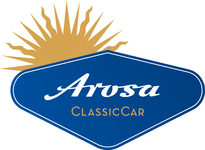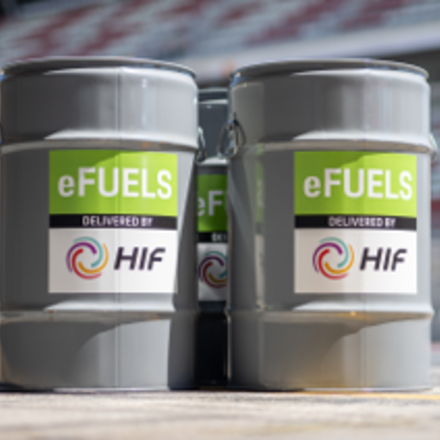Sustainability
Sustainability
Arosa 2030 promotes sustainability in tourism. Sustainability has been a high priority in Arosa for many years. The quality of the tourism experience and sustainability are being consistently and systematically developed. This means that economic, ecological, and social factors must be in harmony. Tourism is of great economic importance to Arosa, a fact that is well understood by every local and guest.
Arosa ClassicCar is also considering sustainability in its events. Many changes take time, and events of this magnitude are never held without emissions. The goal is to reduce the negative impacts as much as possible without sacrificing the benefits. It is important to take the first steps. You can read about some of the measures here:
The Arosa ClassicCar is a traditional event and, for many locals and visitors, is part of Arosa's identity. Numerous volunteers from near and far in the village and the valley are committed to making this event safe and enjoyable. At the Arosa ClassicCar, people meet friends and acquaintances, exchange ideas, and have fun.
Vintage cars symbolize an important value that seems to have been somewhat lost in recent years: repairing rather than replacing, preserving rather than discarding. This celebrates the craftsmanship and tradition of repair and maintenance.
Where appropriate, regional providers are chosen. This eliminates the need for external caterers; instead, Arosa's restaurateurs provide the culinary delights. They, in turn, use regional products, such as cheese from the Maran dairy.
The popular vintage car race attracts up to 20,000 visitors to Arosa. Revenue from hotel stays and restaurants, as well as sponsorship revenue, generates added value of between CHF 1.5 million and CHF 2 million. This allows the season to be extended and contributes to more attractive jobs, which in turn leads to year-round employment.
A small but significant contribution to our event's CO2 offsetting will be made this year through our name badges. The ARGO Foundation in Chur produces plastic-free wooden badges. We have decided to replace our plastic cards with these plastic-free and biodegradable wooden cards.
A clear commitment to reducing plastic waste is the use of reusable cups. These must be returned after use. This is particularly noticeable outside. The event hall has always relied on high-quality ceramic tableware.
As part of the KlimDest "Climate-Neutral Destination" project, myclimate is calculating the carbon footprint of tourism destinations for the first time, including Arosa. Arosa ClassicCar is taking a pioneering role in this process and is the first event to calculate its total emissions. This allows the areas with the greatest savings potential to be evaluated and measures to be derived.
myclimate – CO2 footprint
myclimate has calculated the CO2 footprint of the Arosa ClassicCar 2023. A CO2 footprint is used to systematically record and analyze greenhouse gas emissions. This CO2 footprint is based on the internationally recognized standard "The GHG Protocol" and provides insights into the current situation.
The area, barely visible in this diagram, includes the electricity used, which, thanks to the hydropower available in Arosa, contributes only 0.05% to the total emissions.
Mobility contributes the largest share of CO2 equivalents. The results of the mobility survey allowed for a more precise calculation of the effective mobility emissions of visitors' arrival and departure. Since last year only the public transport arrival and departure of guests from Chur was recorded, this represents a significant difference.
Here you will find data on the transported infrastructure such as stands, barriers, materials, catering and so on.
After transportation, food and beverages contribute significantly to the CO2 emissions of the Arosa ClassicCar. This data includes the offerings in the event hall and on the event grounds. It does not include catering for guests in the hotel or restaurants during the event.
This category refers to packaging, printed materials, and similar items. Some of the consumables could be billed, while others had to be estimated.
Anything that cannot be reused will be recycled or disposed of at the end of the event.
This year's total was significantly higher, due to more precise data in the area of mobility. This led to the free public transport travel measure at the Arosa ClassicCar. Visitors who purchase a grandstand ticket or a VIP package benefit from free round-trip public transport. Traveling by public transport can reduce their personal contribution to emissions by 90%.














